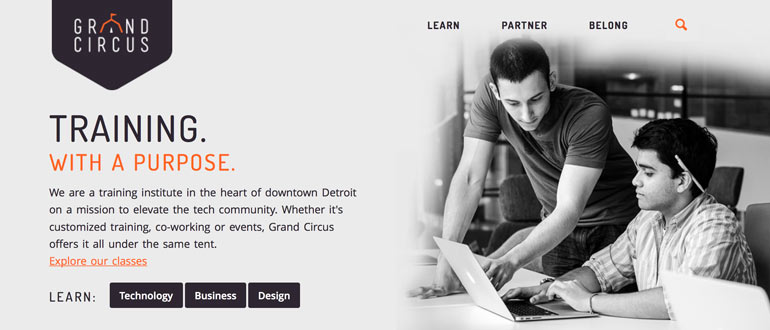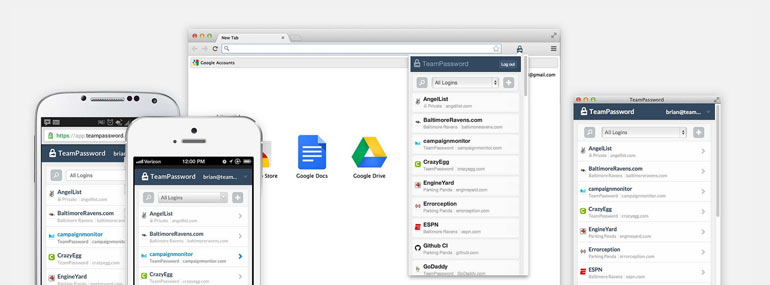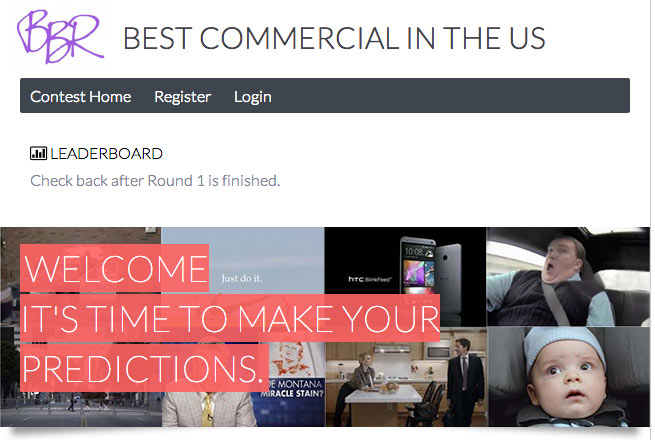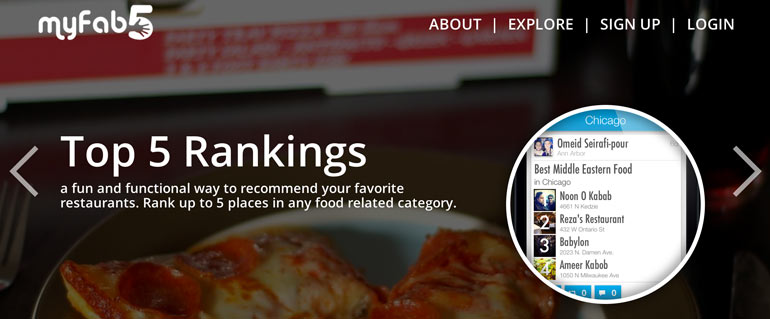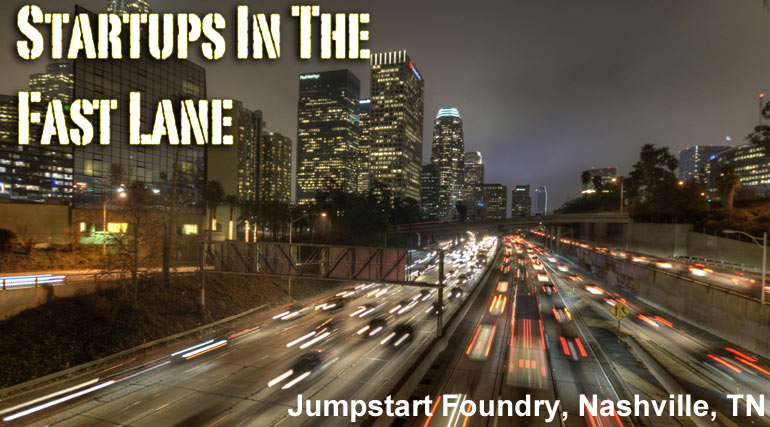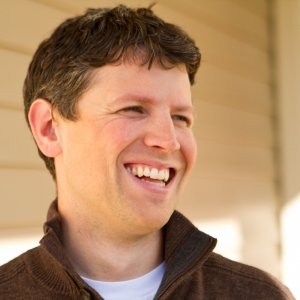 Matt Ehrlichman is the CEO of Porch, where you can get inspired by the best home projects your neighbors have completed, see what any home project will cost, and find the best service professional your neighbors and friends recommend. Previous to Porch, Matt was a founder and CEO of Thriva (acquired by ACTV) and Chief Strategy Officer of Active Network (2011 IPO). Matt lives in Seattle, WA. Follow him @mattehrlichman.
Matt Ehrlichman is the CEO of Porch, where you can get inspired by the best home projects your neighbors have completed, see what any home project will cost, and find the best service professional your neighbors and friends recommend. Previous to Porch, Matt was a founder and CEO of Thriva (acquired by ACTV) and Chief Strategy Officer of Active Network (2011 IPO). Matt lives in Seattle, WA. Follow him @mattehrlichman.
Who is your hero?
My personal hero is Pete Carroll. My business hero is Warren Buffett.
What’s the single best piece of business advice that helped shape who you are as an entrepreneur today, and why?
No one will ever remember how much money you made or what your title was. They will only remember you for how you changed and impacted the world in a durable way. Because of this, I am on a mission to build a truly great company that improves the world one household at a time with Porch.
What’s the biggest mistake you ever made in your business, and what did you learn from it that others can learn from too?
The first company I ever started was a sports summer camp in Western Washington at age 14; later, I needed to transition the camp into new leadership. With the change in leadership, the camp failed to continue. Had I known better, I would have worked harder at diligently finding the best way to balance not only the camp sustainability but a successful exit as well.
What do you do during the first hour of your business day and why?
I methodically organize my week to make sure I provide appropriate attention to our key efforts: management, consumer growth, product, marketing, and sales. During the first hour of each day, I speak with the respective discipline leader (walk and talks). We go over priorities and execution, and I roll up my sleeves to dig into subject matter challenges.
What’s your best financial or cash-flow related tip for entrepreneurs just getting started?
Entrepreneurs by nature make mistakes and take opportunistic risks. We track key financials and metrics that provide us with health and appeal for investors. The only one that matters at the end of the day is your last day. Keep strong watch on your cash runway end date, and ensure that you know what the date is with no revenue as well as with conservative estimates.
Quick: What’s ONE thing you recommend ALL aspiring or current entrepreneurs do right now to take their biz to the next level?
Turn the tables and ask your employees to give you a 360 review!
What’s your definition of success? How will you know when you’ve finally “succeeded” in your business?
Success to me is building a truly great company that solves a really big problem. I will know that I am successful if I build a company that delights customers, creates beautiful experiences, helps millions of small businesses, and forms a culture and team passionate about embarking on a joint mission.
The Young Entrepreneur Council (YEC) is an invite-only organization comprised of the world’s most promising young entrepreneurs. In partnership with Citi, the YEC recently launched #StartupLab, a free virtual mentorship program that helps millions of entrepreneurs start and grow businesses via live video chats, an expert content library and email lessons.








